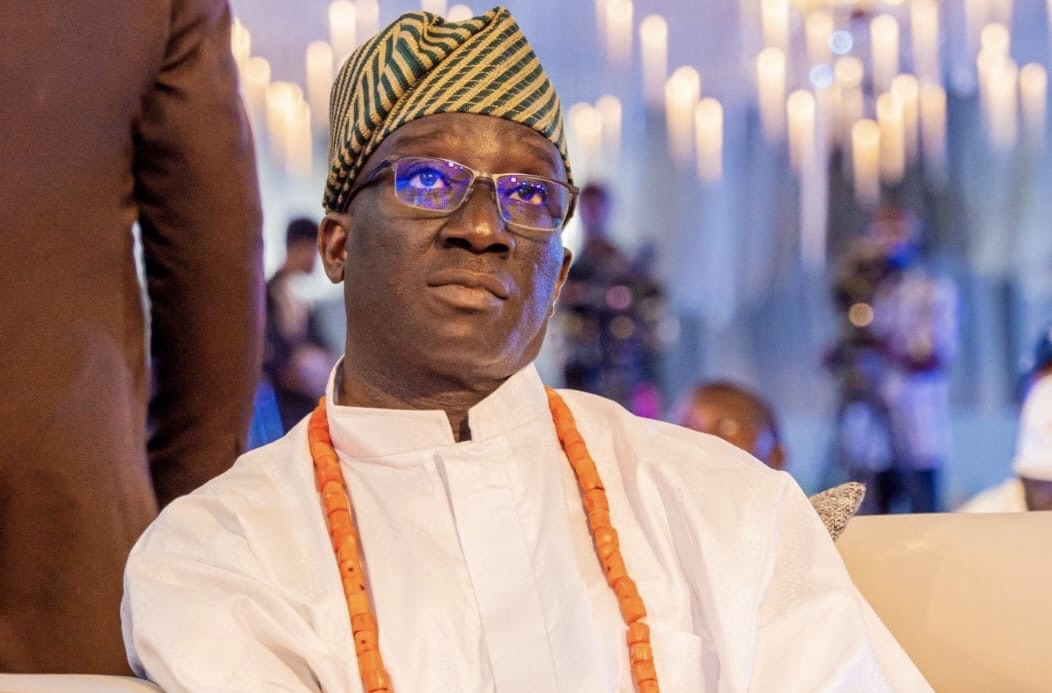…as Nigeria, Equatorial Guinea sign landmark agreement
Nigeria and Equatorial Guinea have taken a significant step toward enhancing energy collaboration and regional development with the signing of a landmark agreement on the Gulf of Guinea Pipeline Project.
The agreement, signed by Nigeria’s President Bola Tinubu and President Teodoro Obiang Nguema Mbasogo of Equatorial Guinea on Wednesday evening in Malabo, outlines key legislative and regulatory measures for the establishment and operation of a new gas pipeline.
The Gulf of Guinea Pipeline Project is expected to unlock new opportunities in gas exploration, create jobs, and strengthen the economic ties between the two nations.
In his remarks, President Tinubu emphasized the importance of this agreement for Africa’s energy security and economic growth. He noted that the discussions between the two leaders also covered critical issues such as employment creation, food security, multilateral relations, and conflict resolution mechanisms within the continent.
President Mbasogo highlighted the strategic importance of the agreement for Africa’s broader development goals, emphasizing the need for deeper cooperation across various sectors. He also reaffirmed Equatorial Guinea’s commitment to working with Nigeria to achieve Africa’s vision of securing a permanent seat on the United Nations Security Council.
The signing ceremony was attended by high-level officials from both countries, including Nigeria’s Minister of Foreign Affairs, Ambassador Yusuf Tuggar, and his Equatorial Guinean counterpart, Simeon Esono.
Other key Nigerian ministers present included the Minister of Justice and Attorney General of the Federation, Chief Lateef Fagbemi, SAN; the Minister of Defence, Muhammad Badaru Abubakar; the Minister of Interior, Dr. Olubunmi Tunji-Ojo; the Minister of State for Petroleum, Gas, Ekperikpe Ekpo; and the Minister of Youth Development, Dr. Jamila Ibrahim-Biu.
The agreement marks a pivotal moment in Nigeria and Equatorial Guinea’s bilateral relations, promising to bolster the energy sector and contribute to the sustainable development of the region.


